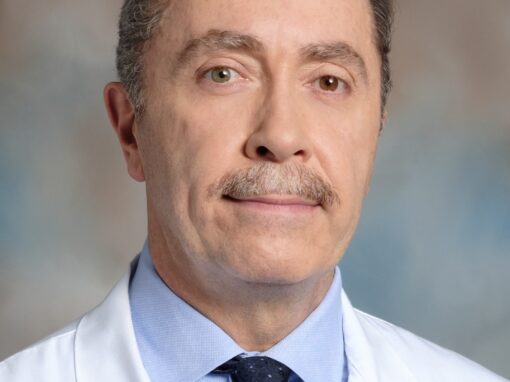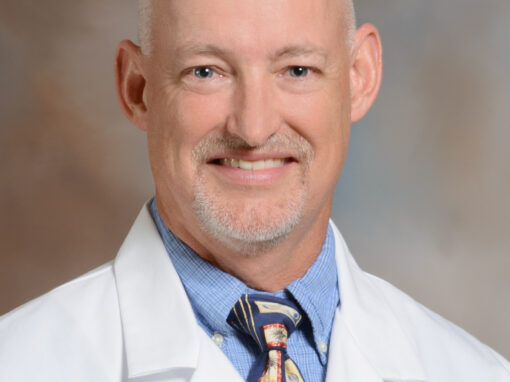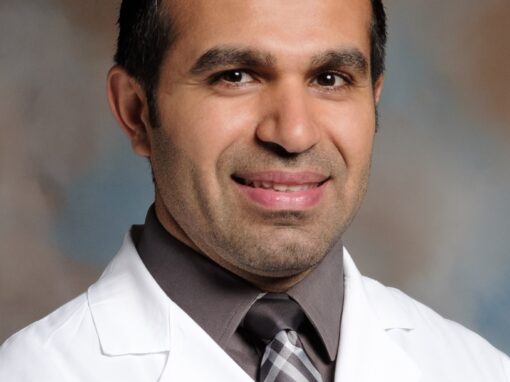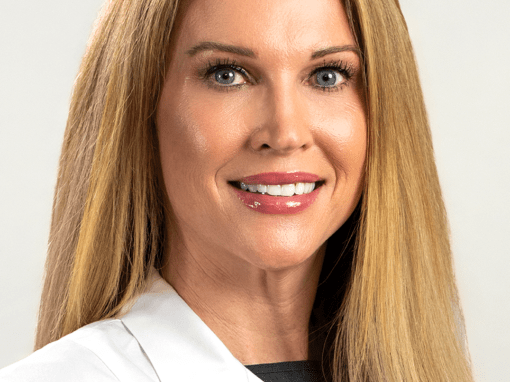Physical Warning Signs
-
- Bloodshot eyes, pupils larger or smaller than usual
- Changes in appetite or sleep patterns
- Deterioration of physical appearance, personal grooming habits
- Runny nose or sniffling
- Sudden weight loss or weight gain
- Tremors, slurred speech, or impaired coordination
- Unusual odors on breath, body, or clothing
Psychological Warning Signs
-
- Appearing fearful, anxious, or paranoid, with no apparent reason
- Lack of motivation; appearing tired or “spaced out”
- Periods of unusually increased energy, nervousness, or instability
- Sudden mood swings, increased irritability, or angry outbursts
- Unexplained change in personality or attitude
Behavioral Warning Signs
-
- SUD causes difficulties in one’s relationships
- Engaging in secretive or suspicious behaviors
- Frequently getting into legal trouble, including fights, accidents, illegal activities, and driving under the influence
- Neglecting responsibilities at work, school, or home, including neglecting one’s children
- Sudden change in friends, favorite hangouts, and hobbies
- Unexplained need for money or financial problems. May borrow or steal money.
- Using drugs under dangerous conditions (driving while using drugs, using dirty needles, having unprotected sex)
- Increased drug tolerance (the need to use more of the drug to experience the same effects one used to achieve with smaller amounts)
- Misusing drugs to avoid or relieve withdrawal symptoms (nausea, restlessness, insomnia, depression, sweating, shaking, anxiety)
- Loss of control over drug misuse (using more than intended, unable to stop)
- Life revolves around drug use (always thinking of using, figuring how to get more, or recovering from use)
- Abandoning enjoyable activities (hobbies, sports, and socializing) to use drugs
- Continuing to use regardless of negative consequences (blackouts, infections, mood swings, depression, paranoia)
Alcohol Warning Signs
-
- Underage drinking and/or binge drinking.
- Needing greater quantities of alcohol to achieve the desired effects or to function “normally.”
- Drinking more alcohol to get rid of or ease alcohol withdrawal symptoms.
- Attempts to stop or limit drinking are unsuccessful.
- An extensive amount of time is needed to recover from the effects of alcohol.
- Spending a great deal of time thinking about the next drink.
- Drinking alone or trying to hide one’s drinking patterns.
- Discontinuing use causes withdrawal symptoms such as nausea, mood swings, irritability, tremors, inability to sleep, and overall sickness.
- Displaying anger when questioned about one’s drinking patterns.
- Acting as if drinking is more important than one’s friends and family; isolating from one’s social support system.
- Becoming anxious or stressed if a social gathering does not include alcohol.
- Continuing to drink regardless of the negative physical or psychological difficulties.
- Drinking frequently or in excess, which may include blackouts when drinking.
- Making excuses to continue to drink and/or drinking at unacceptable times or places.
What to do?
SUD
Recognizing that you have a problem is the first step in recovery. Facing your SUD takes courage and strength and can feel scary and overwhelming, but recovery is possible. If you’re ready to make a change and willing to get help, you can overcome your SUD and build a satisfying, drug-free life.
For information and treatment referral, call 1-800-662-HELP in the U.S. to reach the National Hotline from the Substance Abuse and Mental Health Services Administration (SAMHSA).
Don’t try to go it alone; it’s too easy to get discouraged and rationalize “just one more” hit or pill. Whether you choose to go to detox, rely on self-help programs, or go to inpatient/outpatient treatment, support is essential. Recovering from SUD and working toward long-term recovery is much easier when you have people you can lean on for encouragement, comfort, and guidance. Support can come from:
-
- family members
- close friends
- therapists or counselors
- others recovering from substance use disorders
- healthcare providers
- people from your faith community
Reasonable Suspicion of Impairment at Work
-
- Any observed or possible impairment must be assessed for reasonable suspicion.
- Notify leadership (Program Director, DIO, Supervisor) and HR Business Partner immediately. In HR’s absence (i.e. after hours), contact the house supervisor.
- Write down what you saw, smelled, and witnessed with as much detail as possible. You will be asked for this data during the process.
- Once HR has been notified, they will guide the policy/process.
- Any observed or possible impairment must be assessed for reasonable suspicion.
Screening
Tobacco, Alcohol, Prescription Medication, and other Substance use Tool – nida.nih.gov
Resources
SAMHSA – samhsa.gov
Guide for processing reasonable suspicion – Click to view
Reasonable suspicion observation checklist – Click to view
Your Internal Medicine Team
















Family Medicine
gme.family.medicine@mhg.com
Internal Medicine
gme.internal.medicine@mhg.com
Family Medicine
228-867-4968
Internal Medicine
228-822-6512
4500 Thirteenth Street
PO Box 1810
Gulfport, MS 39501

